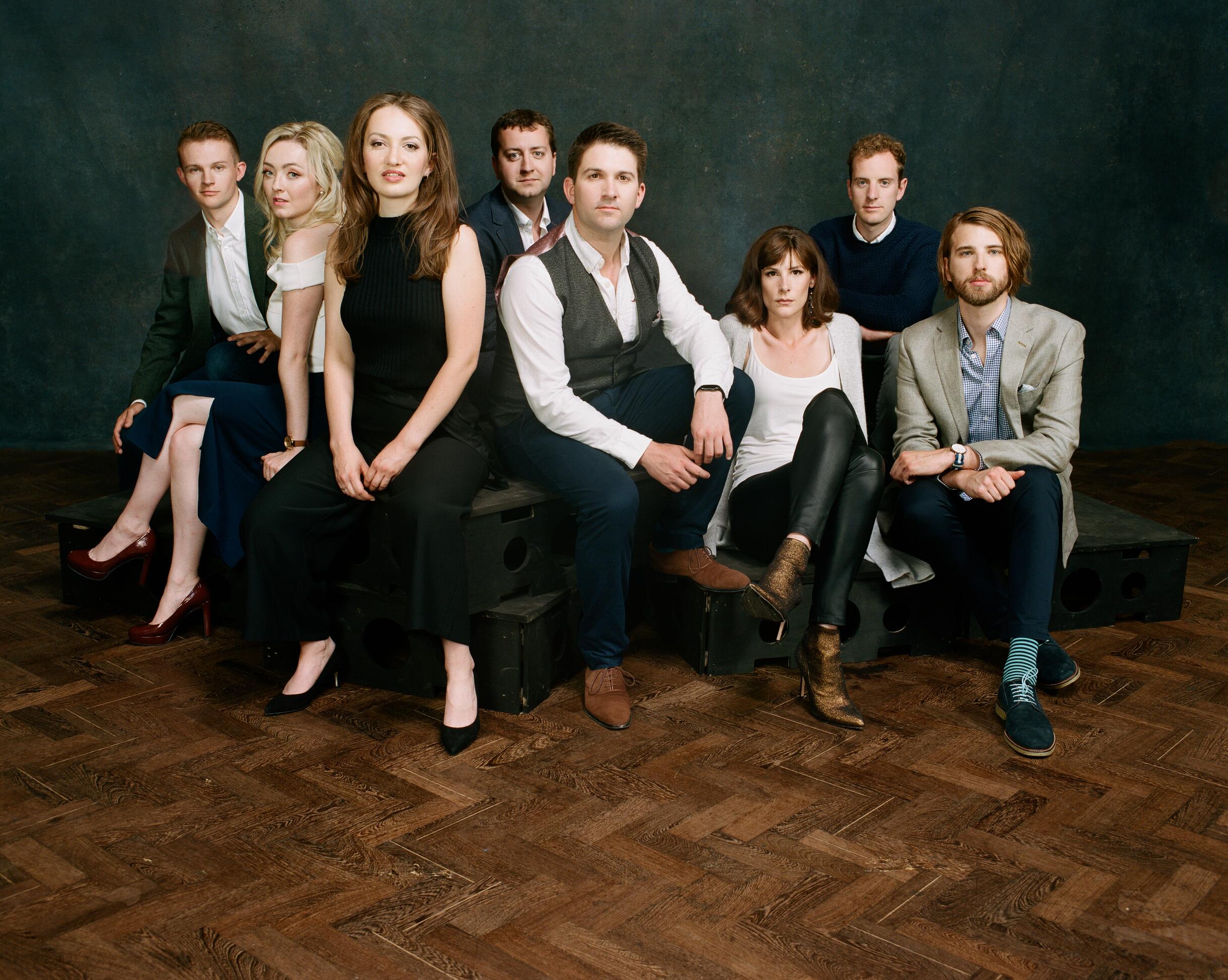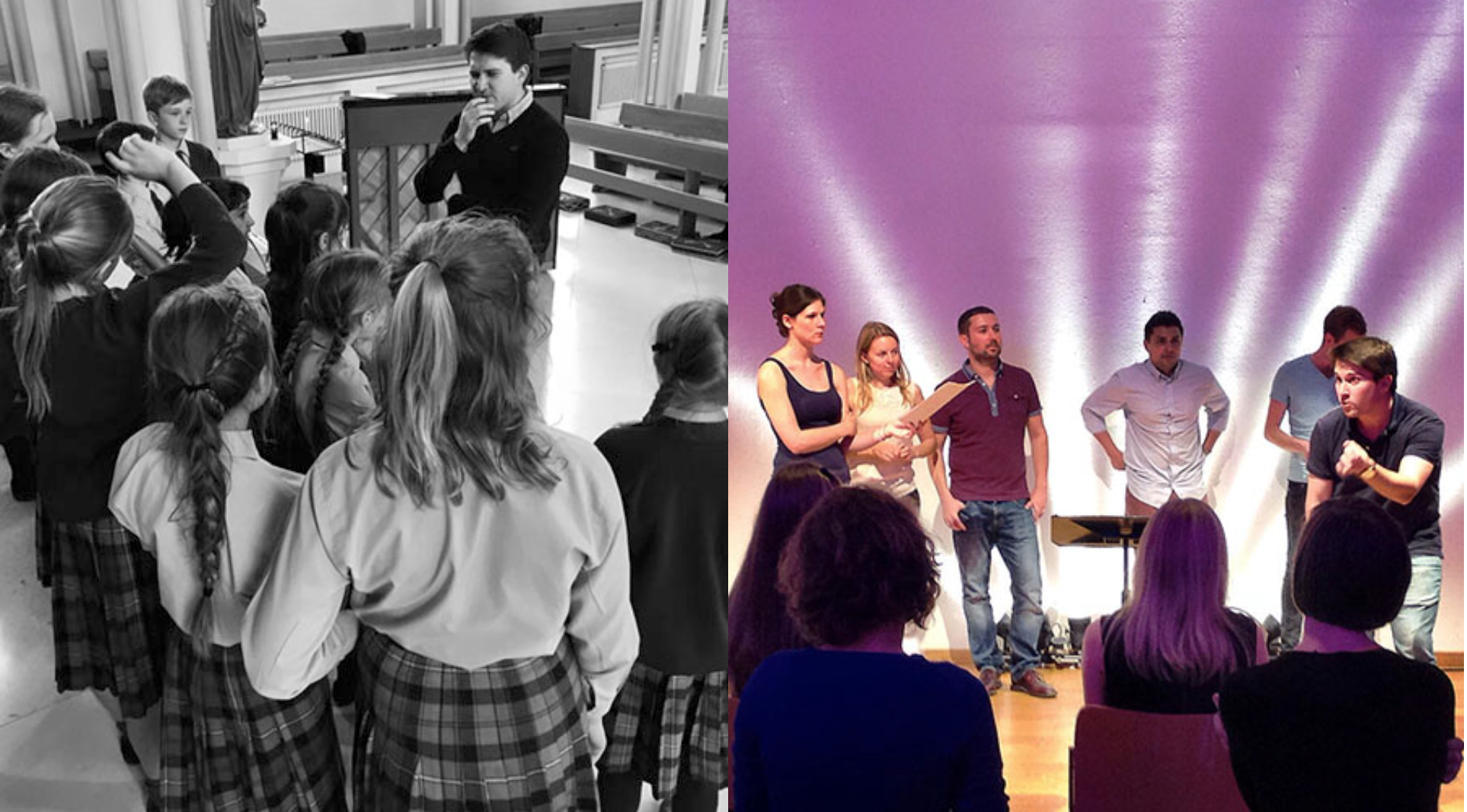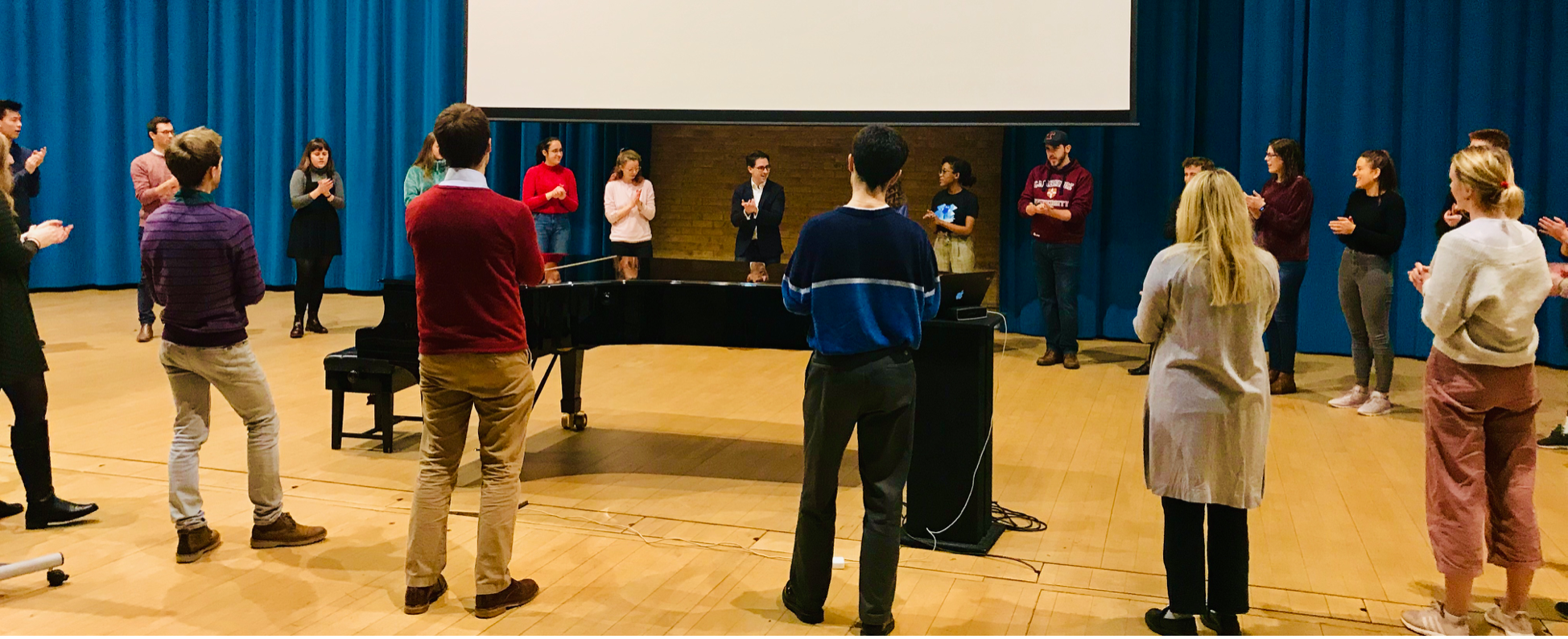
'How best to support music in schools?'
Does a new education initiative, Roots, led by Faculty of Music at the University of Cambridge, VOCES8, Cambridge Early Music, Cambridgeshire Music, Anglia Ruskin University and The Brook Street Band hold the answer?
Cuts in funding, reduced participation and falling numbers taking music have created an “existential crisis” (Lord Black, House of Lords, 18 October, 2018).
Ahead of the newly appointed government panel’s first meeting to develop a model music curriculum (meeting on 5 February), and in response to an ever-deepening crisis which has seen only 295 teachers signing up to train as music teachers this year (a drop of 55% in the last 8 years), a new initiative has been launched this week by a unique partnership of leading research institutions, professional musicians, education providers and charitable bodies in Cambridgeshire.
The three-year project, Roots, trials a new model for music provision within primary and secondary schools across the region. Despite Cambridge’s outward prosperity, the disparity in wealth and opportunity across the county is broad. Areas of Cambridgeshire are among the most deprived in the U.K. and many of its schools struggle to make provision for music.

Roots draws together all ages in teaching music. The vocal strand is led by internationally acclaimed educators, VOCES8; the group is Associate Ensemble at the University of Cambridge and on 18 January released its latest album, Enchanted Isle, on Decca Classics. The strand trains teachers, university and school students in the VOCES8 method, encouraging learning through participation in a series of vocal and rhythmic exercises. In turn, teachers and older students train younger students to become leaders in their own communities, developing their confidence as young leaders.
New resources and opportunities are also provided for classroom teaching. Researchers from the Faculty of Music at the University of Cambridge working as part of the SoundMe project, which is dedicated to exploring the use of the musical past in Late Medieval and Early Modern Europe and its continued relevance, have collaborated with Cambridgeshire Music and school teachers to develop lessons in specialist areas informed by the latest insights. Towards the end of the project, participating students have the chance to visit college libraries to see for themselves some of the historical sources they have studied.
Curated by Roots partner Cambridge Early Music, the first phase of Roots concludes on 19 March with a public concert in celebration of the European Day of Early Music given by VOCES8 in Trinity College Chapel, Cambridge. Secondary school students from across the county will have the chance to sing alongside VOCES8 in a concert in an aspirational setting. New skills developed by students will be put into practice in a programme that celebrates singing from Renaissance motets through to a cappella arrangements of Pop songs.
A parallel strand within the project, led by the Brook Street Band working in conjunction with Cambridgeshire Music and Anglia Ruskin University, seeks to establish a legacy for early instrumental music in the region by founding a period instrument ensemble specifically for under 18s. Specialist coaching will also be provided through workshops, access to historic instruments and the BSB’s innovative online resource Handel Digital, culminating in performance opportunities.
Roots is dedicated to supporting music teachers, providing new opportunities and resources to facilitate participation in school music-making and teaching in the classroom. It provides opportunities for a new generation to experience the richness of its cultural roots at a time when music’s place in school life and society is increasingly under threat.
The first phase of Roots is generously supported by the Helen Hamlyn Trust, the SoundMe project funded by Humanities in the European Research Area, Cambridgeshire Music and Cambridge Early Music. Further funding is being urgently sought for years 2 and 3 of the project.
For more information about Roots or to discuss funding opportunities for the project, please contact Dr Sam Barrett (sjb59@cam.ac.uk).




